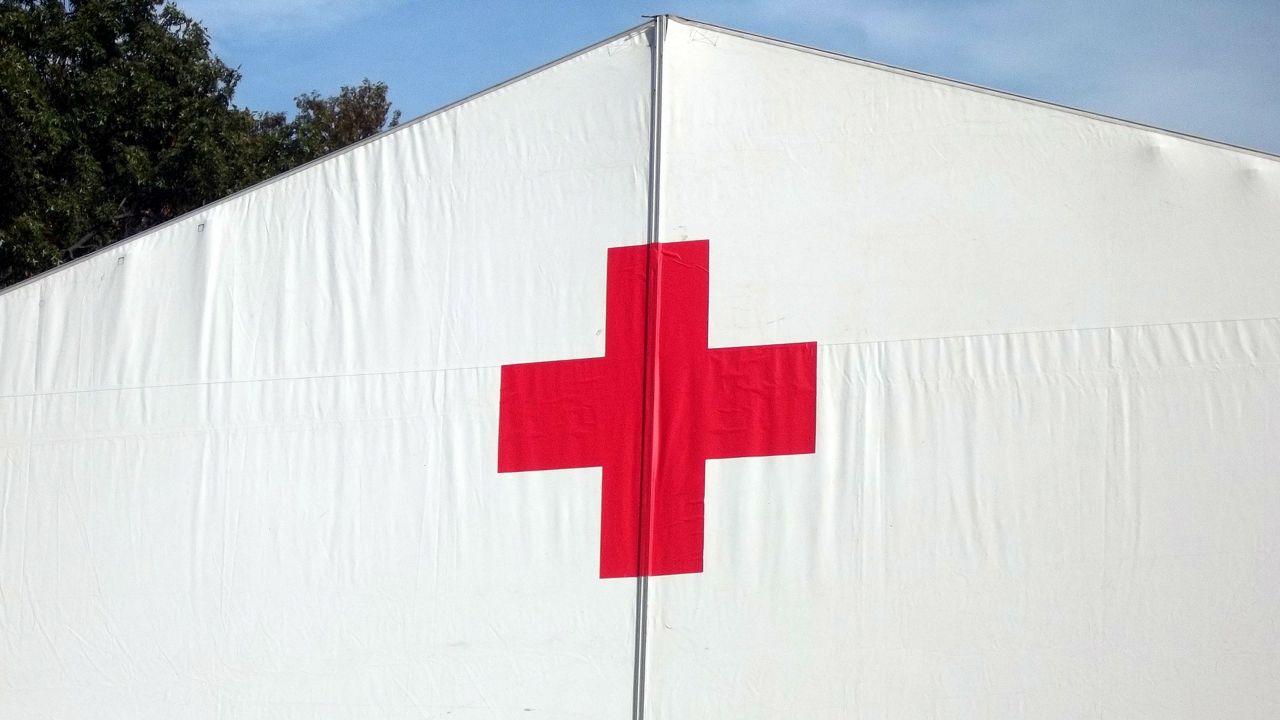CHARLOTTE, N.C. — The American Red Cross is seeking more volunteers to respond to increasing climate-driven disasters.
“This year’s heightened hurricane outlook is part of a years-long trend of more frequent and intense climate disasters, such as hurricanes, wildfires, severe storms and floods,” the ARC said in a statement.
In 2021, volunteers from the Greater Carolinas Red Cross responded to roughly 1,400 disasters in 51 North Carolina counties served by the region.
“Volunteers are at the heart of our mission, representing 90% of our workforce and responding on a near-constant basis to provide safe shelter, food and comfort after disasters across the country,” said Allison Taylor, regional executive, Greater Carolinas Region. “As this relentless pace of severe crises continues, we need more volunteers to grow our capacity and help ensure families never face these emergencies alone.”
The ARC says volunteers are being sought for the following positions:
- Health services: Use your professional skills as a licensed health care provider to deliver hands-on support, including care and education to people staying at a shelter during a large disaster. Qualified licenses include RN, LPN, LVN, EMT, Paramedic, MD, DO, PA, NP and APRN
- Disaster Action Team: Join your local Disaster Action Team to help families affected by home fires and other disasters by providing support, such as food, lodging, comfort and recovery assistance
You can also visit RedCross.org/VolunteerToday to help.
Everyone is also urged to make an emergency preparedness plan before the start of this year’s hurricane season.
The ARC says to follow these three simple steps to help keep you and your family safe:
- Build an emergency kit with bottled water, non-perishable food, a flashlight and battery-powered radio. Also include medications, copies of important papers, cell phone chargers and emergency contact information
- Make an evacuation plan with what to do in case you are separated from your family during an emergency and if you have to evacuate. Make sure to coordinate with your child’s school, your work and your community’s emergency plans — and don’t forget your pets
- Know how to stay informed by finding out how local officials will contact you during a disaster and how you will get important information, such as evacuation orders





